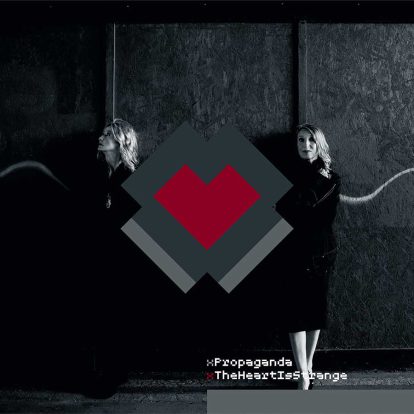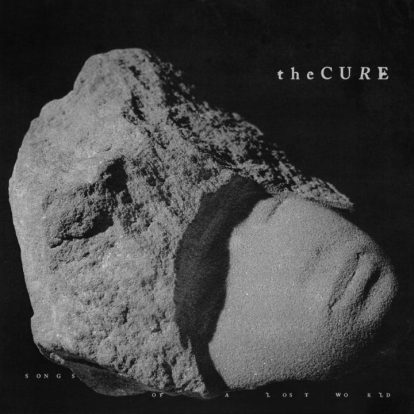 Franz Ferdinand seem terrified of repeating themselves. “There’s more to life than disco-beat guitar music”, said bassist Bob Hardy before their second album, while singer Alex Kapranos predicted their third would be “different sounding from everything we’ve ever done”.
Franz Ferdinand seem terrified of repeating themselves. “There’s more to life than disco-beat guitar music”, said bassist Bob Hardy before their second album, while singer Alex Kapranos predicted their third would be “different sounding from everything we’ve ever done”.
For their fourth, too, they insisted on collaborators, before stepping sideways in 2015 to work as FFS with long- time idols, Sparks. Doubtless their intentions are pure: to avoid rehashing old ideas. But this purportedly restless nature presents problems – it raises expectations of change rarely borne out by results, and suggests they don’t actually want to be themselves.
Now here comes their fifth, which offers, we’re told, “nothing short of a rebirth… a triumphant recasting of the group”. With founding guitarist Nick McCarthy having left the band, perhaps that’s what they mean. Yet it’s more likely they’re referring to how Always Ascending was recorded with Philippe Zdar, half of renowned production duo Cassius. This certainly bodes well for a transformation, and his influence is indeed tangible, but it’s oddly disappointing – if maybe, given their history, inevitable – to report the album’s instantly identifiable as Franz Ferdinand.
“Fans, presumably, will be happy, whatever the band fear. They’ll delight in the distinct clipped rhythm that drives the title track, with its hints of filter house, and Glimpse Of Love, which gaily leans on past glories.” – Wyndham Wallace
They’ll admire The Academy Award’s unconvinced cheer for its Sparks-ian wit – “The secret of longevity/ Is to stay away from men” – and note hints of LCD Soundsystem, particularly in Feel The Love Go’s extended instrumental section, as well as the title track’s opening minute.
They’ll presumably mention post-punk and disco, too, because these remain the band’s motor, and even if they concede that the playful Lazy Boy, or maybe Finally – with its ghostly organs – seem musically or lyrically weary, they’ll find comfort in the recognisable sound of the Scots. That should be enough, but something seems lacking, though it may simply be the fresh qualities they advertise as present.
Nevertheless, there are as few killer hooks here as striking developments, and for all the band’s talk, each new album merely blunts their aesthetic, rather than revolutionises it. It’s like they’re running away from themselves, only to stand still, mildly deflated. For us to truly love them, they need to love themselves. This needn’t mean repetition, just revelling in an already satisfying identity.
Classic Pop may earn commission from the links on this page, but we only feature products we think you will enjoy.






